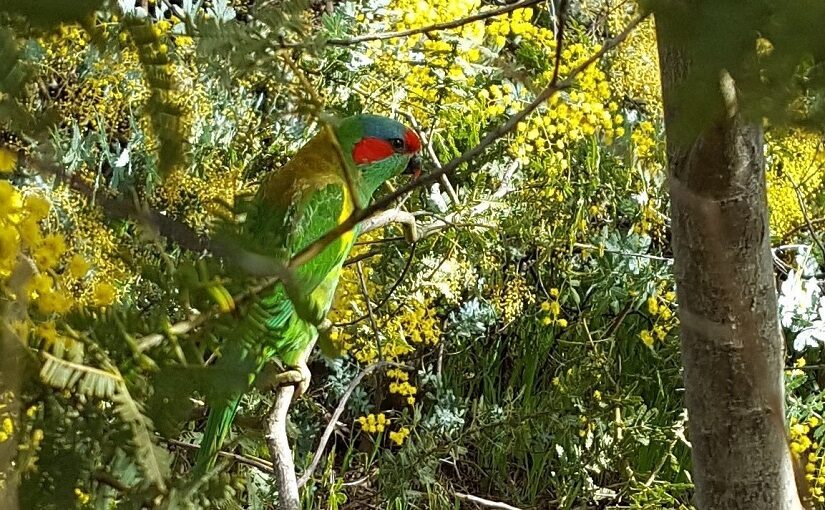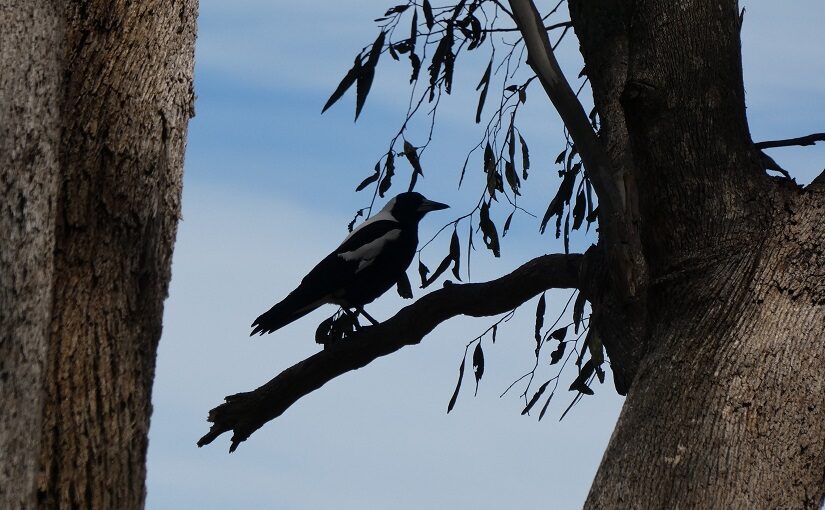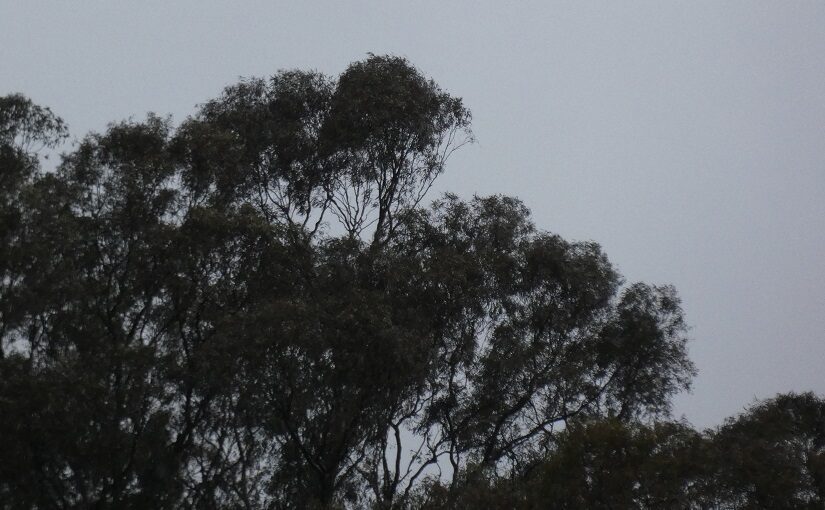Looking at how we live in the world, what’s the best way of seeing things? Given how we each stand within our environment, how are we to look at this one shared reality and plot collective courses within it? It seems an intriguing thought, given how we’re essentially thinking beings trying to make sense of this world we find ourselves within. What are we to make of life’s opportunities?
It seems undeniable, much as we might rail against it, that we depend on our environment – our lives interwoven with all that surrounds us in so many delicate, powerful ways. Rather than being entirely independent, we need nature for the resources and climate that make life possible. This idea of humans existing “within” nature may be as childlike as it is fundamental: it’s where we stand. (Notes One)
As if life itself might be this chance at living and understanding life. That we’re here to understand all that allows us to live and all the ways those lives feed back into that world – this perpetual dance of forces and interactions serving to bring other things into existence. It’s amazing to think of all that’s gone into this: all the years and lives, hopes and dreams, progress and destruction. (Notes Two)
These days, though, we sometimes seem strangely detached from those realities (Notes Three). As if we’re retreating into this world removed from real life, not feeling consequences or accepting other perspectives. Reality, perhaps, left standing there filled with our neglect or disinterest as we increasingly see things from our side and take whatever it is “we” want from the world.
How closely are we living within our communities, be they natural or social? How much do our ideas on “life” track compassionately alongside all the other lives besides ours? Sometimes it seems such a one-sided relationship, as if we don’t truly care about the inner lives of those we affect. As if it’s now each to his own as we fight it out to grab whatever resources we can.
Alternatively, could we not weave ourselves somewhat differently into the world? Find more creative, harmonious ways to coexist with nature and other people? This idea that there might be another way, that greed and power may not be the only foundational principles on which to build our reality. That we could choose to stand differently in relation to one another and to nature.
Which, in roundabout ways, gets back to the idea of being “green” – this notion of humanity finding other paths toward living sustainably and constructively, rather than competitively or destructively, within our environment. Why are we so different? This exclusive sense with which we carve up the world and all the people in it, viewing each other as rivals. (Notes Four)
As thinking beings, is that the only way we can live within an environment? Breaking it down. Sharing it out. Seeking more. Why do balance, creativity and cooperation seem so difficult for us when, all around, they’re so natural?
Notes and References:
Note 1: Beauty and wonder in nature
Note 1: Nature speaks in many ways, do we listen?
Note 1: Our roles in relation to nature
Note 2: Appreciating other ways of being
Note 2: Intrinsic value of nature
Note 2: How ideas find their place in the world
Note 2: Where do ideas of evolution leave us?
Note 3: Detaching from the world around us
Note 3: Having a sense for being alive
Note 3: Do we live in different worlds?
Note 4: The optimism in nature
Note 4: Imagining another way?
Note 4: Living as a form of art
Note 4: The creativity of living
In terms of where we stand and the paths we take from here, there’s also Appealing to human nature or the human spirit.










